Autism Support - Social Skills - Autism Social Skills Aid
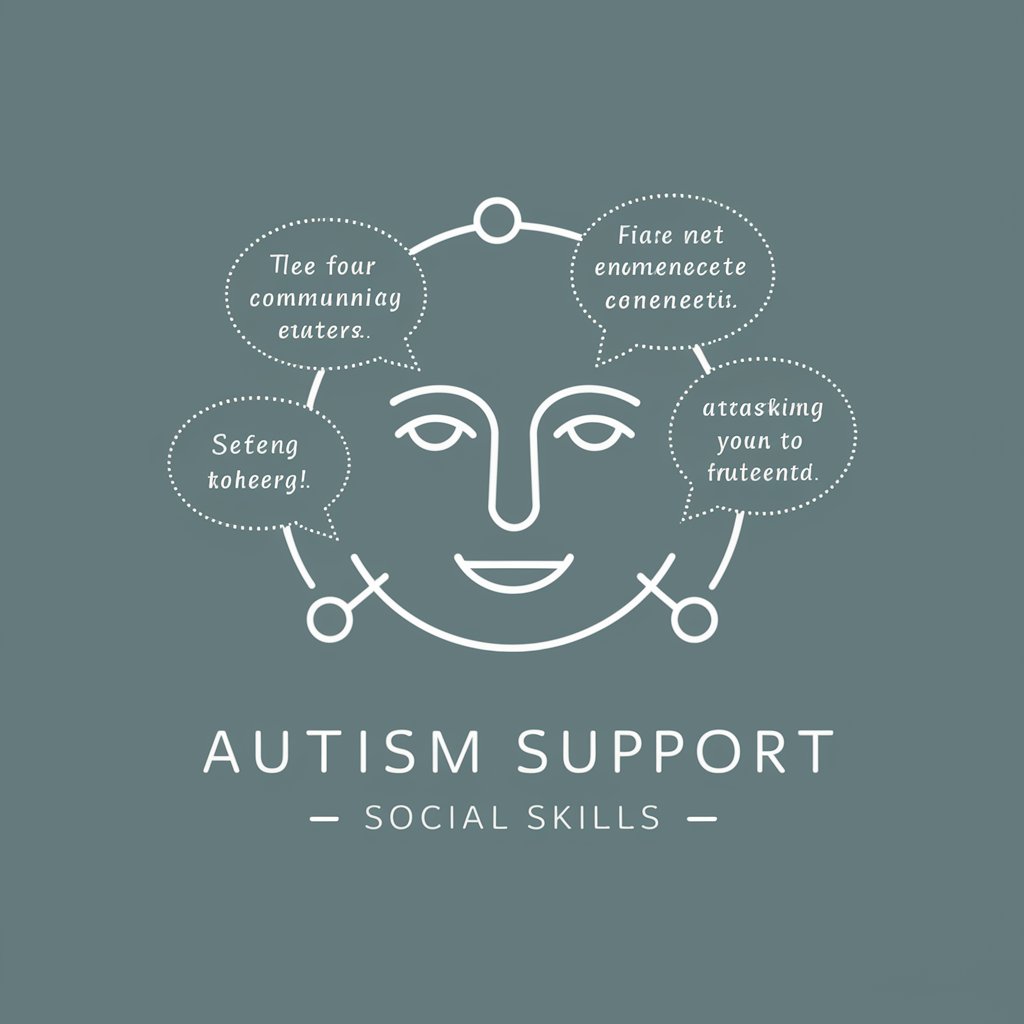
Hello! How can I assist you today?
Empowering Autism Through AI-Powered Social Skills
Can you help me with...
I find it difficult to...
What's the best way to...
How should I approach...
Get Embed Code
Introduction to Autism Support - Social Skills
Autism Support - Social Skills is designed to provide guidance and support specifically tailored to individuals with autism, focusing on enhancing social skills. This tool aims to facilitate better navigation of social situations through advice, strategies, and explanations. It's built to be user-friendly, providing a conversational and empathetic approach that adapts to the user's needs and comfort level. For example, a user could ask, 'How do I start a conversation at a social event?' and receive step-by-step advice on approaching someone, initiating conversation, and maintaining engagement, all while considering the nuances and complexities that individuals with autism may face in these scenarios. Powered by ChatGPT-4o。

Main Functions of Autism Support - Social Skills
Role-playing social scenarios
Example
If a user is anxious about joining a new club, they might ask, 'How do I introduce myself to a new group?' The tool would then guide them through a role-play scenario, offering specific phrases to use, tips on reading and responding to body language, and how to maintain a conversation.
Scenario
Joining a new book club and learning how to interact during the initial meet-up.
Providing tailored advice for social interactions
Example
A user might be unsure how to ask for a break during a group activity. The tool can offer strategies for politely excusing oneself without causing misunderstandings, emphasizing the importance of clear communication and respecting personal limits.
Scenario
Requesting a break during a group activity without feeling awkward or misunderstood.
Enhancing understanding of social cues
Example
For someone who finds it difficult to interpret body language or facial expressions, the tool could explain what certain cues typically mean and how to respond appropriately, such as recognizing when someone is interested in a conversation or wishes to change the subject.
Scenario
Learning to interpret and respond to non-verbal cues in a conversation.
Ideal Users of Autism Support - Social Skills
Individuals with Autism
People on the autism spectrum who seek support in understanding and navigating social interactions. They benefit from the tool's structured guidance and scenarios, which help in developing practical skills for everyday social situations.
Caregivers and Educators
Caregivers, teachers, and therapists working with individuals with autism can use this tool to find strategies and exercises to support social skill development. It serves as a resource for creating more effective and tailored learning experiences.
Family and Friends
Family members and friends who wish to better understand and support their loved ones with autism. The tool provides insights into the challenges faced by individuals with autism, offering practical advice on how to assist in social skill enhancement.

Using Autism Support - Social Skills
Step 1
Visit yeschat.ai for a free trial without login, also no need for ChatGPT Plus.
Step 2
Select the 'Autism Support - Social Skills' option from the available tools to access specialized guidance.
Step 3
Pose specific scenarios or questions related to social skills and interactions to receive personalized advice.
Step 4
Engage in role-play exercises within the tool to practice and refine social skills in a safe, AI-guided environment.
Step 5
Utilize the tool regularly to build confidence and competence in social situations, adapting advice to real-world contexts.
Try other advanced and practical GPTs
Skills developer Neurobooster
Adaptive Learning, Powered by AI
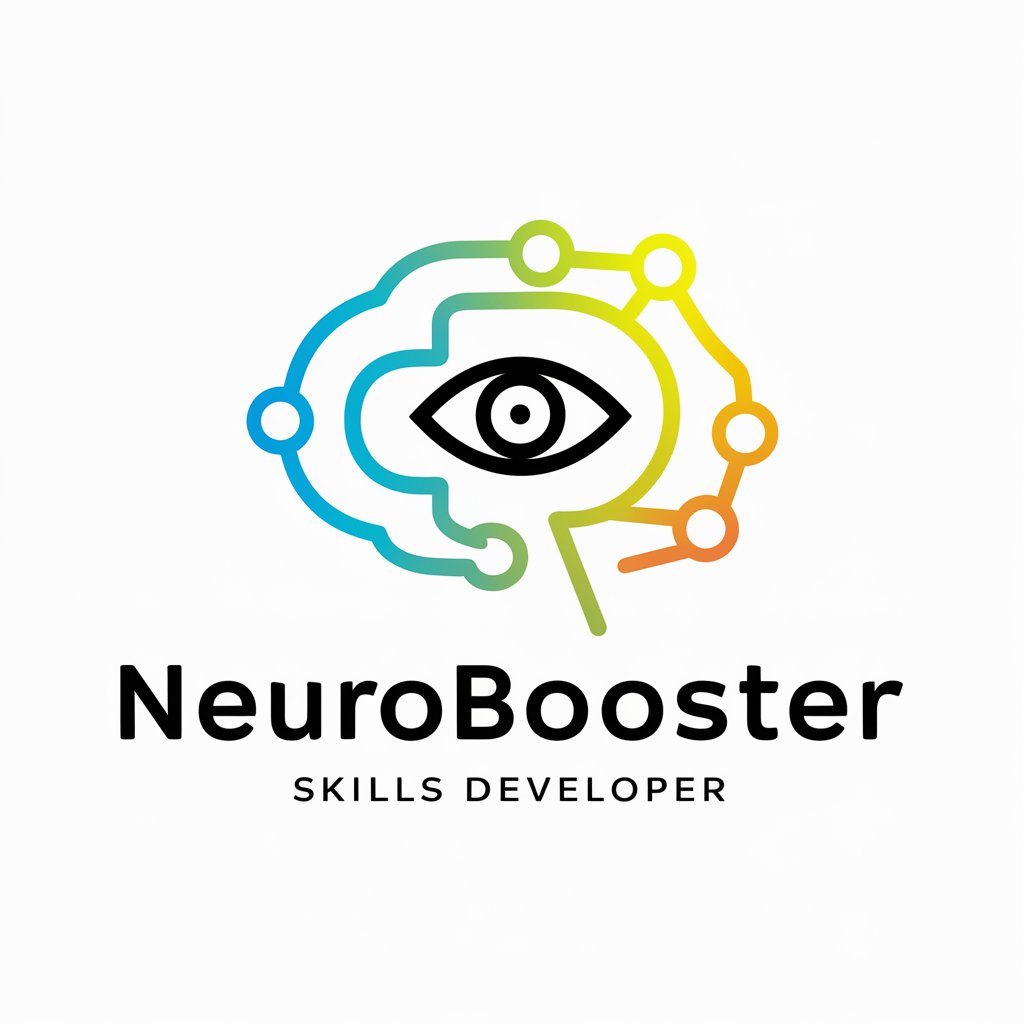
Actonomy Skills Extractor
Unlock Potential with AI-Powered Skills Extraction
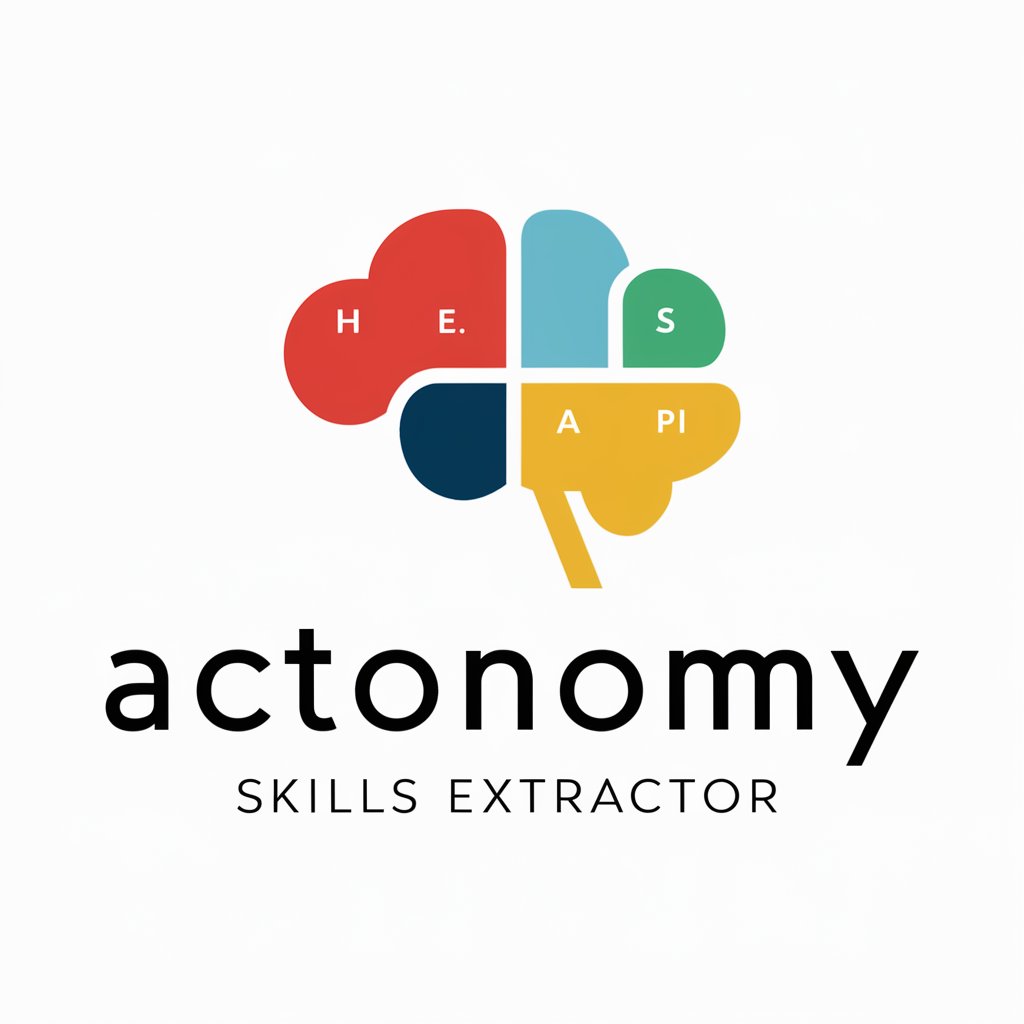
Skills Summarizer
Streamline your career journey with AI-powered insights.
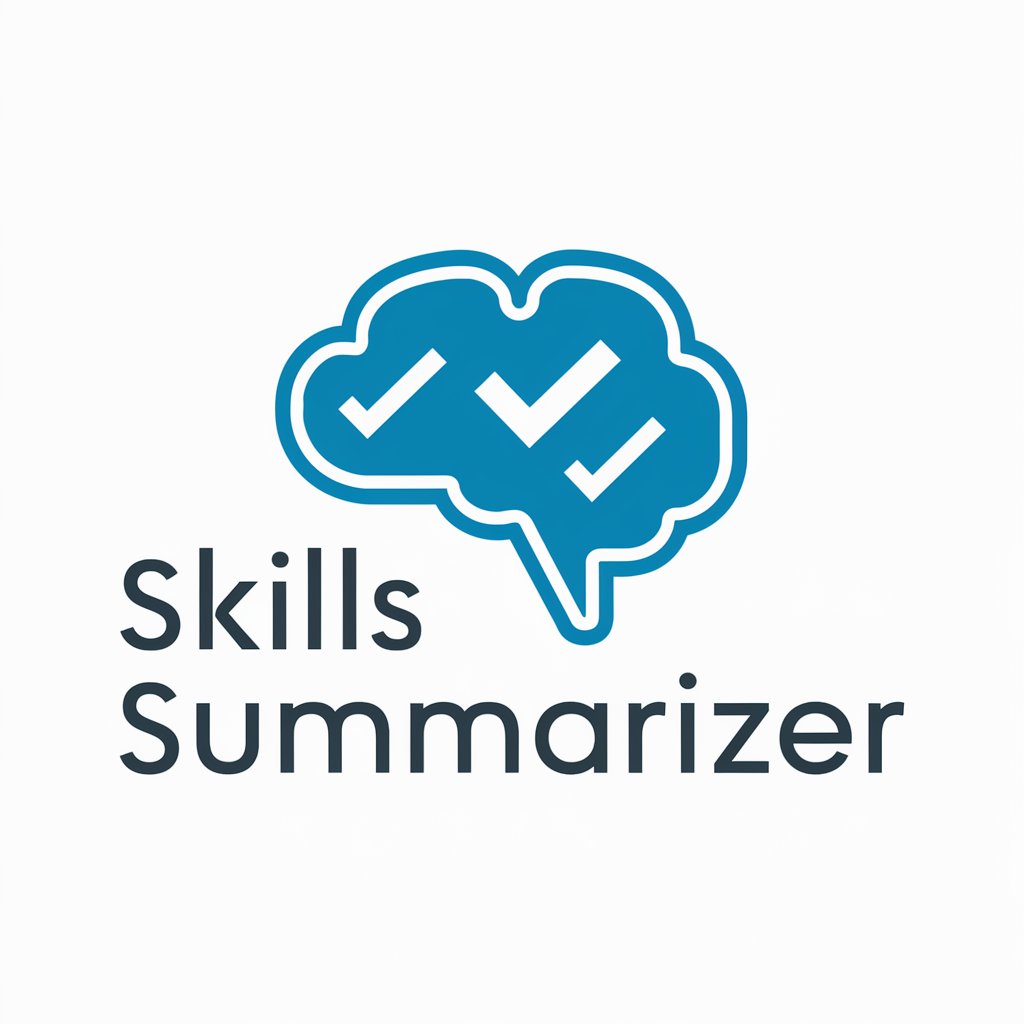
I, Programov
Transforming code into understanding with AI.

AfterEffects Expressions - With Docs Reference
Automate animations with AI-powered expressions.

Expressions of American History
Visualize history with AI-powered creativity
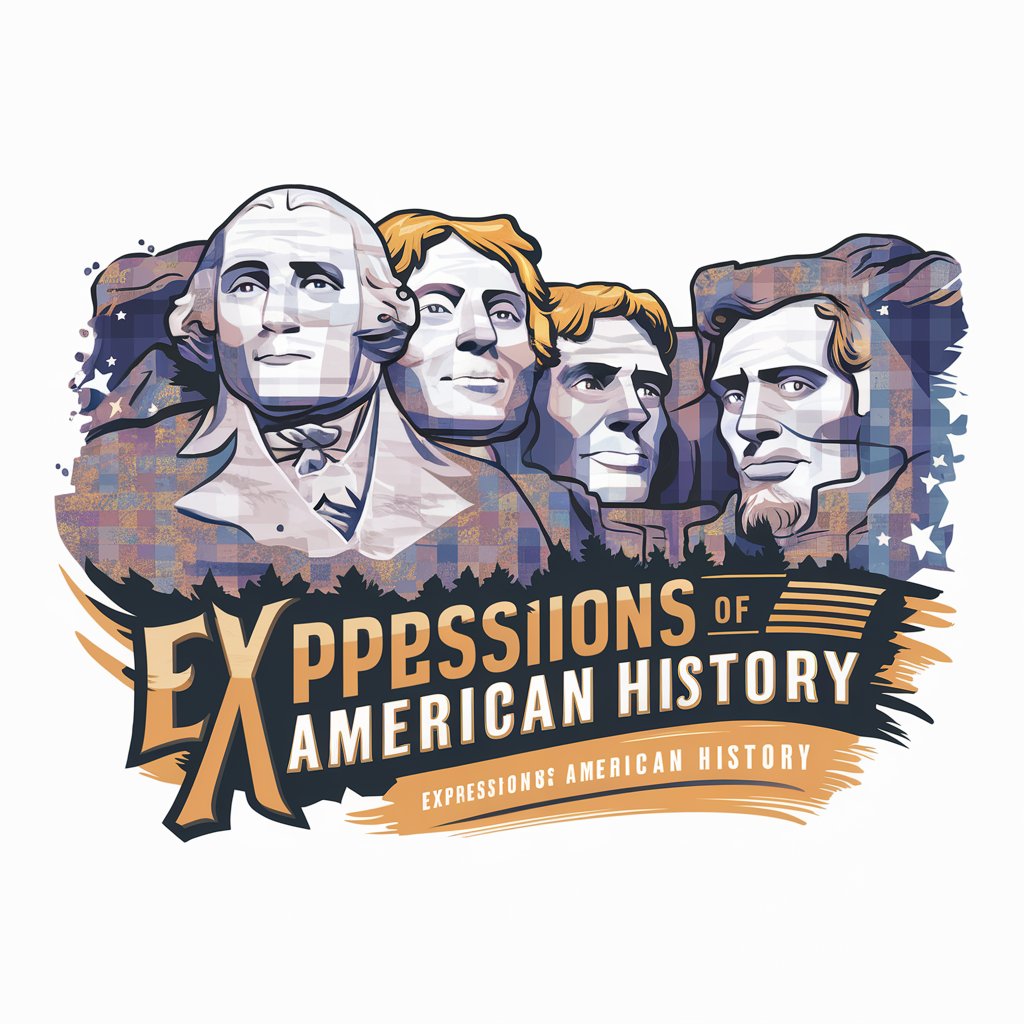
Work In AI
Empowering Your Career Journey with AI

Kitten Photos Saver
Transform Memories with AI

Series 7 Exam Prep
Master the Series 7 with AI

Netscape
Unlock knowledge with AI-powered Netscape.
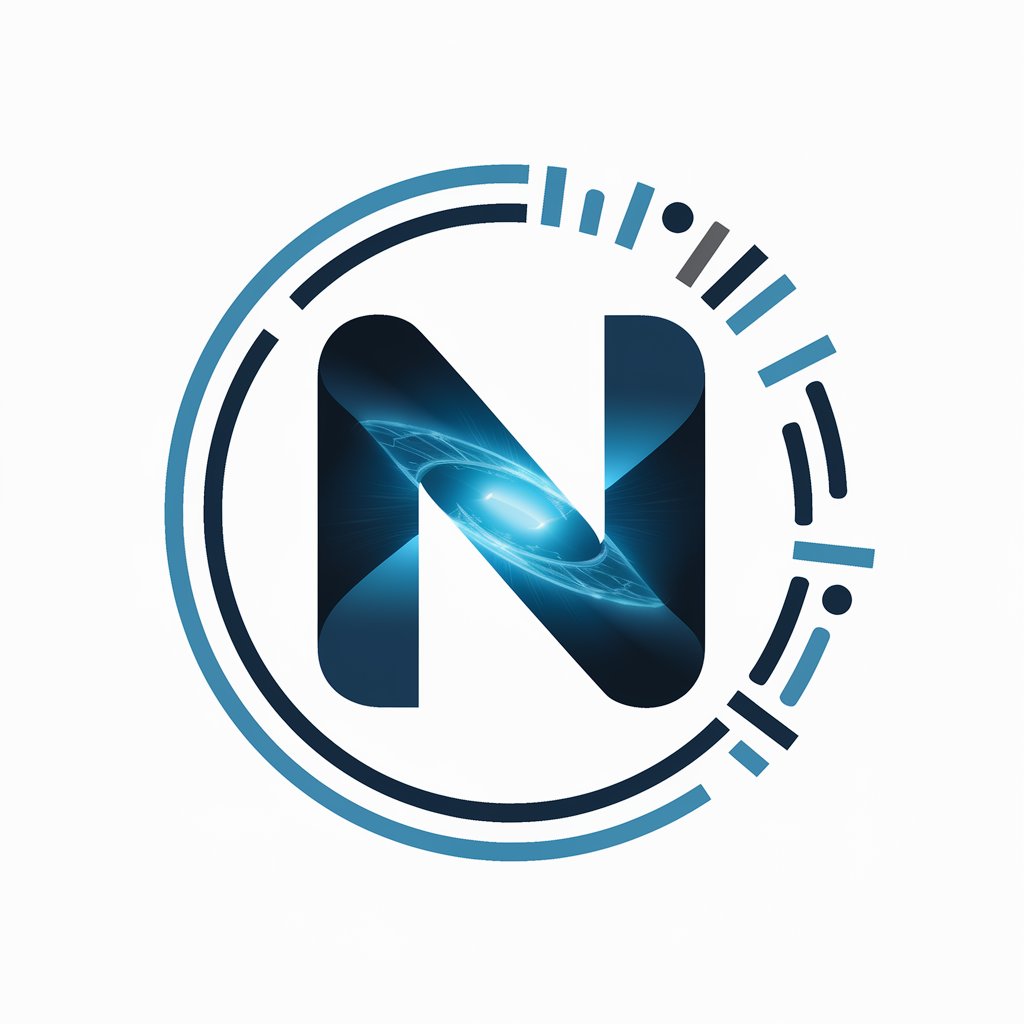
Game Mod Coder
Elevate your game with AI-powered modding

ModSec Assistant
AI-powered ModSecurity Advisor

Autism Support - Social Skills Q&A
How can Autism Support - Social Skills help me in daily life?
This tool provides personalized advice and strategies to navigate social situations, enhancing communication and interaction skills in everyday settings.
Is Autism Support - Social Skills suitable for all ages?
Yes, it is designed to be adaptable and beneficial for individuals of various ages, focusing on improving social skills in a comfortable and accessible way.
Can this tool help me understand body language and non-verbal cues?
Absolutely, it offers guidance on interpreting and responding to non-verbal cues like body language, facial expressions, and tone of voice.
Is there a way to practice real-life scenarios with this tool?
Yes, you can engage in role-play exercises to simulate real-life social situations, allowing for practice and refinement of social skills.
How can I track my progress with Autism Support - Social Skills?
Regular use and application of the strategies in real-life scenarios can help you gauge your progress. Reflecting on your interactions and feedback can also be insightful.
